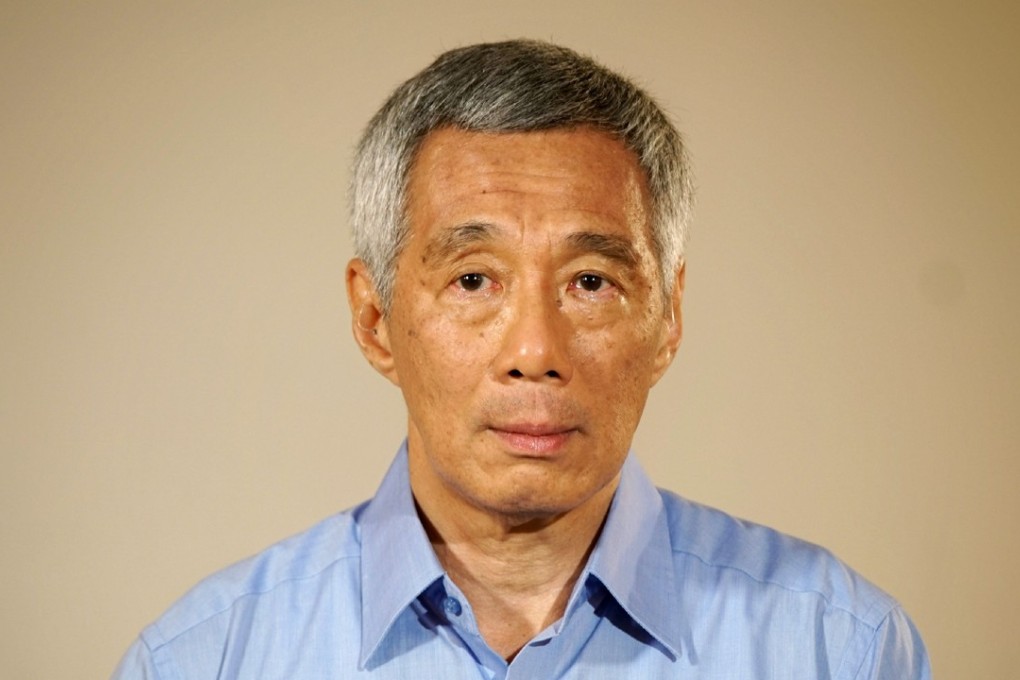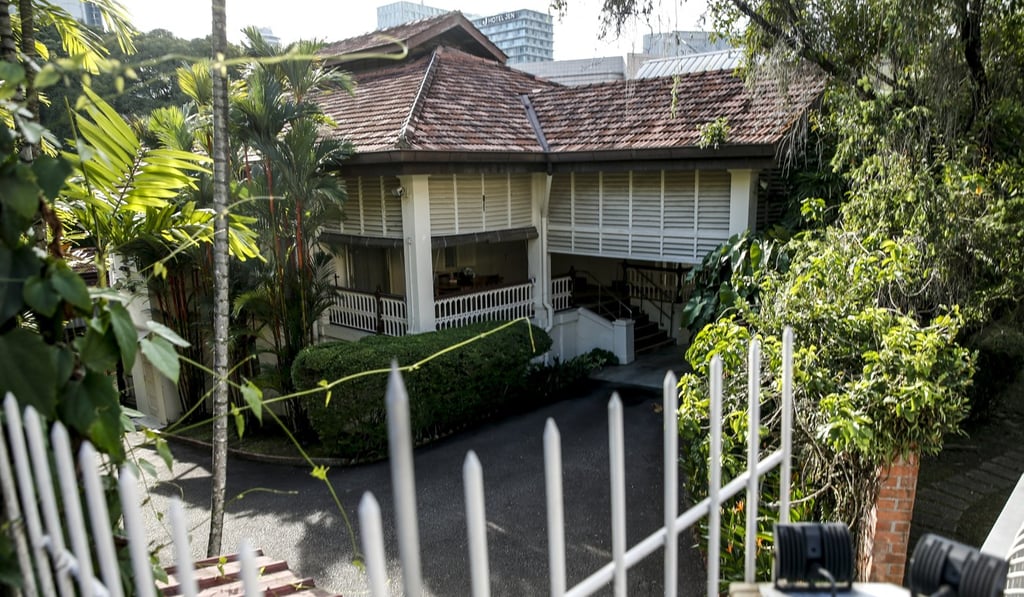Lee family feud: the key questions as Singapore’s PM faces grilling
This Week in Asia’s guide to the row dominating public life in the Lion City

The embattled premier has vowed that his address to lawmakers will show that Lee Hsien Yang and Lee Wei Ling’s accusations have no factual basis.
He has given MPs in his ruling People’s Action Party (PAP) free rein to grill him in the session. The party has for decades held a legislative supermajority, and currently holds 83 out of 89 elected seats.
The estranged siblings last week, however, dismissed this exercise as a means by the premier to “cover up and whitewash himself” before a house stacked with loyalists fearful of expressing dissent against their leader. Their grievances, made public in a Facebook post on June 14, centres around the fate of the family bungalow at 38 Oxley Road. In his final will, Lee Kuan Yew, Singapore’s independence leader, asked for the property to be demolished upon his death, or after his spinster daughter Lee Wei Ling vacated it. The two siblings – executors and trustees of the will – say the premier used his powers to pressure them into dropping plans to carry out the demolition.

Their claim is that the prime minister wants the house preserved as a national monument so that he can continue to benefit from his father’s immense political clout.